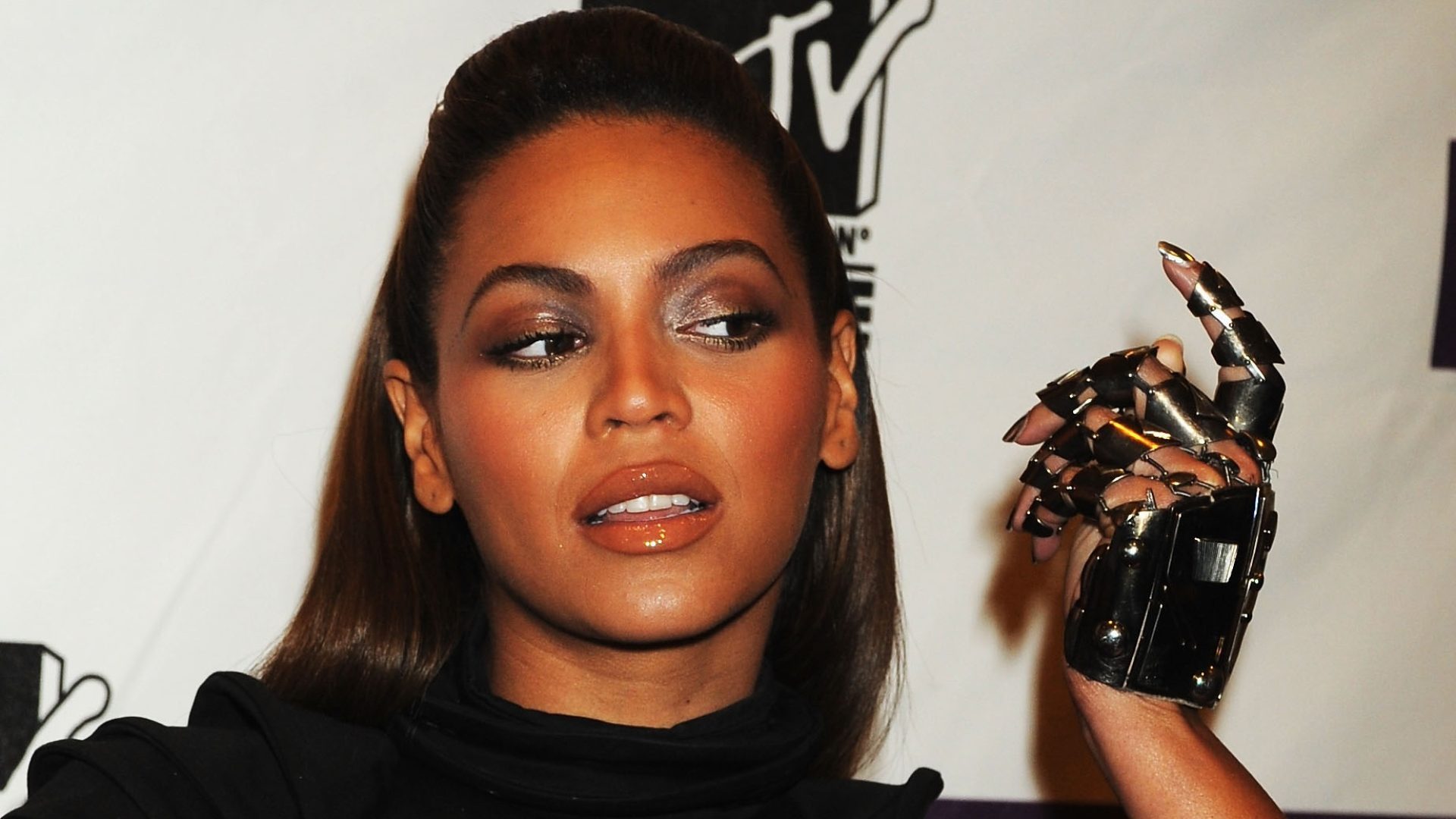
Have you ever felt the urge to don a new outfit, change your name, and reinvent yourself? If so, you’re not alone. Many artists have embraced this desire by adopting alter egos—distinct personalities that allow them to express different facets of themselves while performing.
Alter egos in the music industry go beyond mere stage names. They represent separate identities that artists can embody when interacting with the public or performing. From Miley Cyrus transforming into Hannah Montana to Nicki Minaj taking on personas like Nicki Lewinski or Harajuku Barbie, these alter egos provide artists with an escape from the pressures of constant public scrutiny.
Some well-known alter egos in music include Eminem’s Slim Shady, Megan Thee Stallion’s Tina Snow, Beyoncé’s Sasha Fierce, and Nicki Minaj’s Roman Zolanski. Each of these characters has distinctive traits—be it appearance, language, or demeanor—that make them easily recognizable to fans.
Often, alter egos serve as bolder versions of the artist, allowing them to express themselves without the fear of judgment. The concept of alter egos is not new; artists and rappers have used them for years to explore different sides of their personalities. Performing is a creative act, and alter egos enable artists to enhance their shows and captivate their audiences.
According to Ashley “ASHMAC” Maclin, an on-air talent for Radio One and an HBCU graduate, many alter egos represent hidden aspects of the artists that emerge during performances. “These aspects might have been set aside until they step on stage, where they can be fully expressed,” Maclin explains. “The alter ego enhances the main act without overshadowing it.” For instance, while Sasha Fierce is not more famous than Beyoncé, she complements Beyoncé’s performances during specific songs.
Some artists even dedicate entire songs or albums to their alter egos, such as Minaj’s Roman Reloaded and Megan Thee Stallion’s Hiss, which showcase both Megan and Tina. However, not all fans embrace these alter egos, and sometimes the artists themselves may feel conflicted. Beyoncé has admitted that she might not be a fan of Sasha Fierce if she encountered her on the street, as Sasha was a persona created to help her achieve fame.
Artists can evolve and grow out of the need for their alter egos. In her album Traumazine, Megan Thee Stallion reflects on leaving Tina Snow behind, offering fans a more intimate glimpse into her artistry without overshadowing her personal narrative with Tina’s boldness.
The trend of alter egos in the music industry continues to grow as musicians explore new dimensions of creativity. This allows them to stand out and connect uniquely with their audiences.